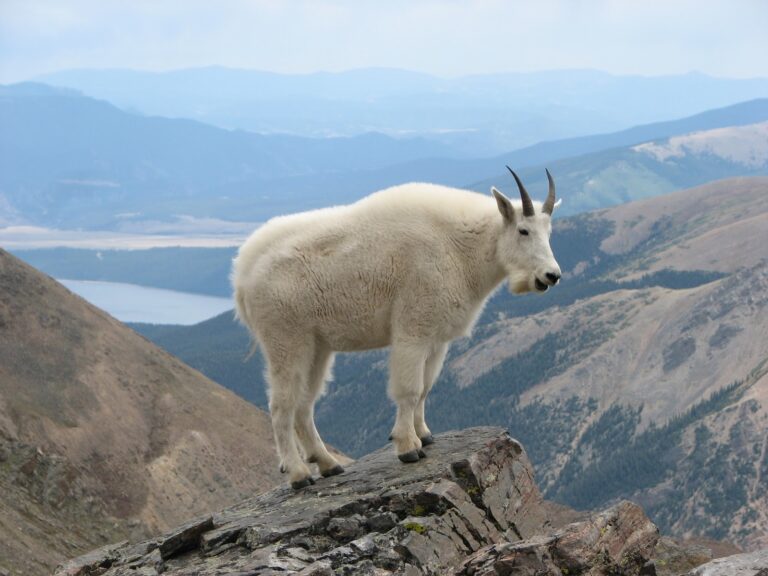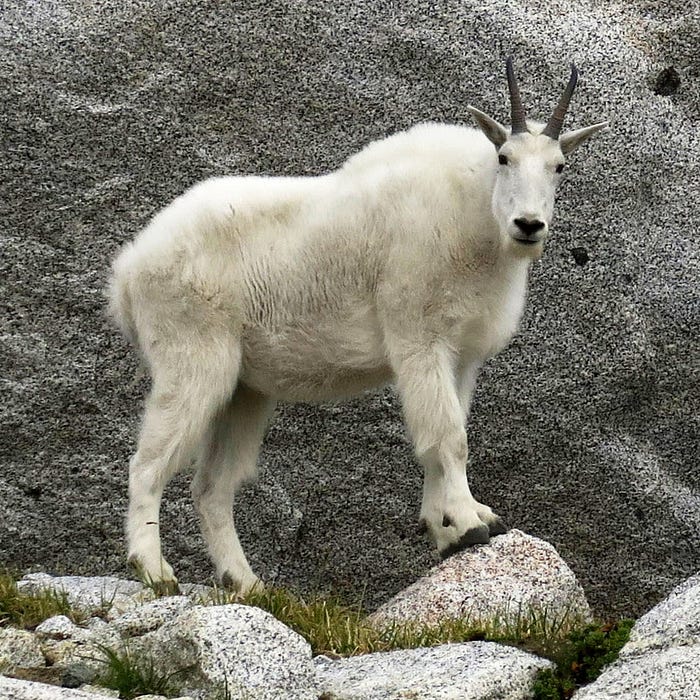Meaning of Amalthea
Amalthea is a name of ancient Greek origin, meaning “nourishing” or “milk-giver”.
In Greek mythology, Amalthea was a mythical goat who nursed the infant Zeus on Mount Ida in Crete.
Zeus’s mother, Rhea, had hidden him from his father Cronus, who was devouring his children out of fear they would overthrow him.
Amalthea provided Zeus with nourishment and protection during his vulnerable infancy. She is often depicted as a goat with golden horns, sometimes adorned with flowers or jewels.
The story of Amalthea highlights themes of protection, nurturing, and divine power.
Her name has become synonymous with abundance and prosperity due to her role in nourishing the future king of the gods.
Amalthea’s legacy extends beyond mythology, as her image appears on coins and other artifacts throughout ancient Greece.
The name Amalthea continues to be used today, evoking a sense of strength, gentleness, and divine favor.
Amalthea is a Greek name with origins steeped in mythology and symbolism.
In ancient Greek tales, Amalthea was the name of a goat nymph who famously nurtured the infant Zeus.
Her story highlights several key symbolic interpretations:
- Nurturing Motherhood: Amalthea represents the ultimate act of maternal care and protection. Her role in nourishing Zeus, the future king of the gods, emphasizes the importance of early childhood nourishment and its impact on shaping destiny.
- Divine Providence: Amalthea’s unwavering devotion to Zeus showcases divine providence and intervention in human affairs. As a mythical being, she acts as an instrument of the gods, ensuring the survival and success of the future ruler.
- The Power of Nature: Amalthea is a goat nymph, linking her name with the natural world. This association suggests themes of fertility, abundance, and resilience, qualities often attributed to goats in various cultures.
Beyond her mythical significance, Amalthea’s name carries connotations of gracefulness and gentleness, mirroring the image of a gentle goat tending to a precious infant.
Origin and Etymology
Amalthea is a name of Greek origin, meaning “nourisher” or “foster mother.”
In Greek mythology, Amalthea was a mythical goat who nursed the infant Zeus with her milk.
The name Amalthea derives from the Greek word ἀμάλθεια (amalthēa), which means “nourisher” or “foster mother.”
This connection to nourishment and care is reflected in the mythological story of Amalthea, who played a vital role in Zeus’s survival.
The name Amalthea demonstrates the influence of Greek mythology on Western culture and language, particularly in the realm of names.
Let’s explore some other Greek words that have found their way into English:
1. **Democracy:** From the Greek “demos” (people) and “kratos” (rule), meaning “rule by the people.”
2. **Philosophy:** From the Greek “philosophia,” meaning “love of wisdom.”
3. **Telephone:** From the Greek “tele” (far) and “phone” (sound), meaning “sound from afar.”
These are just a few examples of the rich legacy of Greek language that continues to shape our vocabulary.
Historical Usage and Popularity
Amalthea holds a fascinating place in history, its usage and popularity intertwined with mythology and artistic expression.
In ancient Greek mythology, Amalthea was the nymph who nourished the infant Zeus with goat’s milk after he was hidden by his mother, Rhea, from the wrath of his father, Cronus. This act of selfless devotion made Amalthea a symbol of nurture, protection, and divine favor. It’s believed that her name might have originated from the Greek words “amala” meaning “nourishing” or “healing,” further solidifying her association with care and sustenance.
The legend of Amalthea resonated throughout history, finding its way into various artistic and literary works. In Roman mythology, Amalthea was assimilated as a version of the goat goddess Faunus, highlighting the cross-cultural impact of this ancient tale.
During the Renaissance, Amalthea’s image became popular in paintings and sculptures, often depicted alongside Zeus or as a symbol of maternal love and divine protection. The allegorical nature of her story allowed artists to explore themes of power, nurture, and the cyclical nature of life and death.
In literature, Amalthea’s name has been used to evoke these same themes. Authors have drawn upon her mythical origins to create characters embodying strength, compassion, or even a connection to the divine. Some works delve into the psychological complexities of motherhood and sacrifice, mirroring Amalthea’s act of providing for Zeus.
While Amalthea’s prominence as a name or symbol has waned in modern times, her legacy endures. She continues to inspire artists, writers, and thinkers seeking to explore themes of resilience, devotion, and the enduring power of mythology.
Amalthea is a name with a rich history, steeped in Greek mythology and ancient literature.
In **Greek mythology**, Amalthea was the name of a nymph who nurtured the infant god **Zeus**. She famously suckled Zeus with her goat’s milk, protecting him from his father **Cronus**’ wrath. The story of Amalthea emphasizes themes of **protection**, **nurturing**, and **divine favor**.
The name’s prevalence in the English language likely began to emerge after its introduction through translations of Greek mythology. It initially remained a somewhat obscure choice, primarily known within literary circles.
However, Amalthea’s popularity experienced a subtle but steady rise throughout the 19th and early 20th centuries. The name’s connection to the mythological figure resonated with those seeking unique and evocative names for their daughters.
Although never reaching the heights of widespread usage like some other classic names, Amalthea has consistently maintained a level of recognition and appeal. It often appears as an alternative to more common names like **Amelia** or **Althea**, offering a slightly more unusual yet still familiar sound.
Today, Amalthea remains a relatively rare name, but it continues to be chosen by parents who appreciate its historical significance and mythological associations. Its timeless charm and connection to ancient stories make it a distinctive choice for those seeking a name with depth and meaning.
- Best Datanyze Alternatives for 2025 - April 26, 2025
- Best Coldlytics Alternatives for 2025 - April 25, 2025
- Best Brevo Alternatives for 2025 - April 25, 2025


